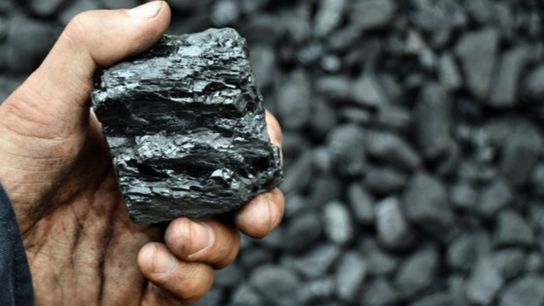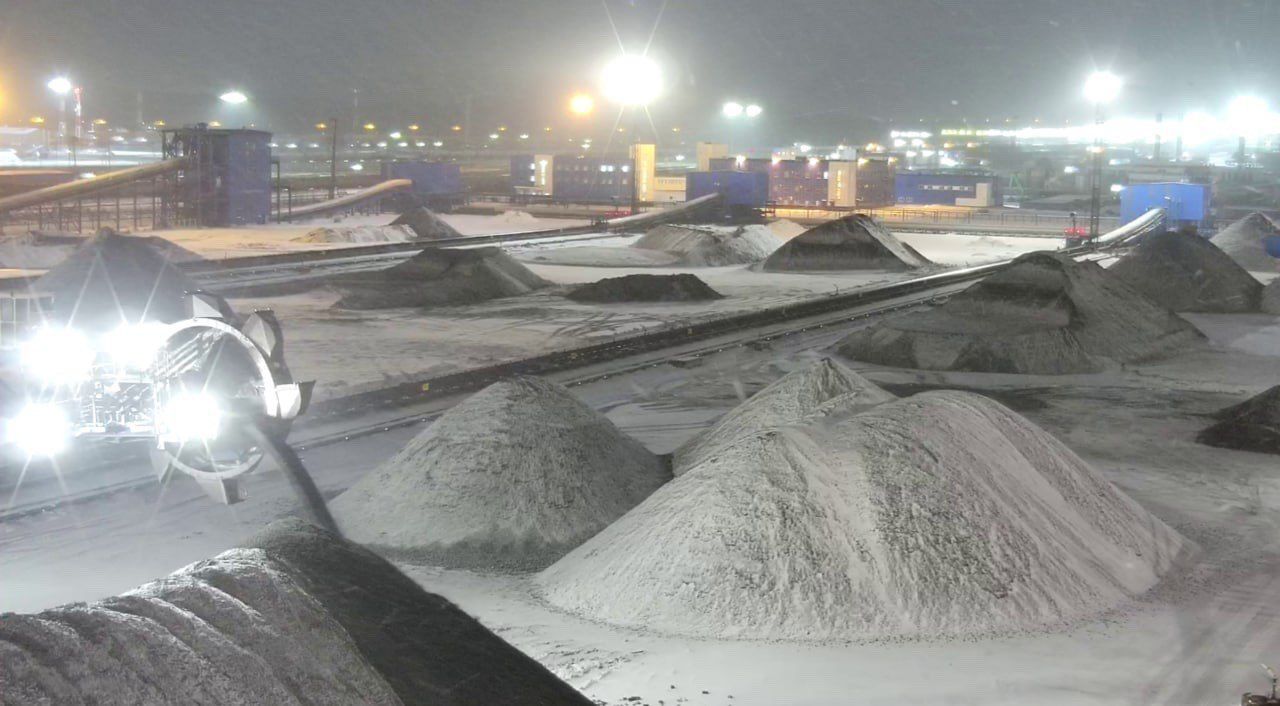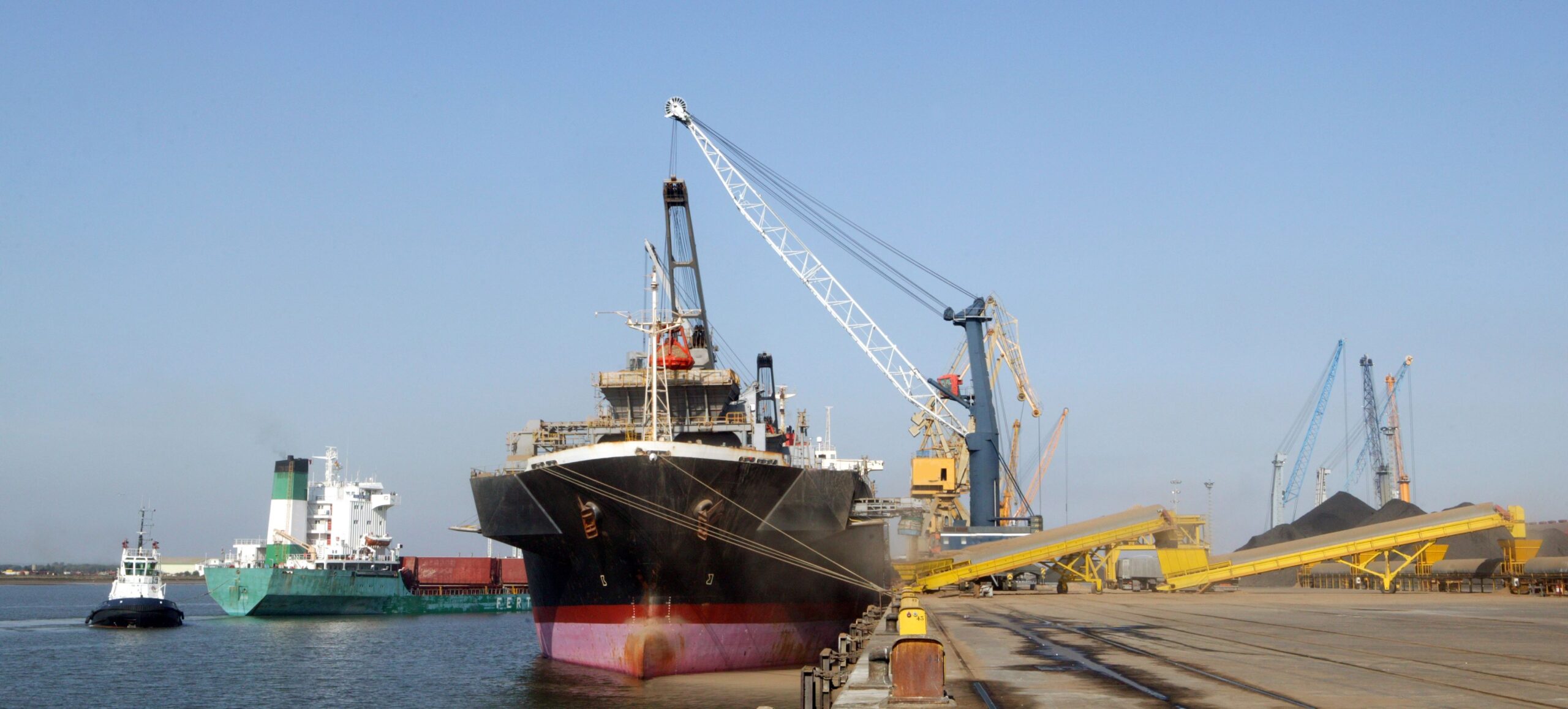
(Montel) Atlantic basin coal prices slipped to fresh two-month lows this week as thin physical demand amid high regional stocks offset any concerns of reduced supply.
The front-quarter and front-year API 2 contracts both dropped 3% on the week to USD 48.65/t and USD 54.10/t, respectively – the lowest since mid-June – Ice Futures data showed.
Participants partly attributed the move to a sharp drop in competing gas prices over recent sessions, with the front-month Dutch TTF contract having retreated 15% from Wednesday’s five-month high of EUR 8.95/MWh.
The coal weakness was also due to sluggish physical trading activity.
“The API 2 market is not being supported by the physical [coal] market, that’s for sure,” said a London-based coal broker.
He noted an October-loading cargo for delivery in northwest Europe changed hands on Tuesday at USD 47.75/t, around USD 2.25 below the equivalent paper (API 2) contract.
And the Global Coal Des ARA index was assessed last down 4.2% on the week at USD 48.88/t.
This in part reflected combined coal inventories at four key northwest European dry bulk terminals this week rising to a six-week high of 5.92m tonnes, with inland plants already sufficiently stocked amid weak generation demand.
The coal burn across Europe has declined 26% so far this year to just 217 TWh, according to data from Finnish technology group Wartsila.
The fuel accounted for less than 12% of total power generation over the period, meaning plant stocks – which were already relatively buoyant after the mild winter – required little replenishment.
“I could definitely see further [price] falls, it will just be a question of how much.”
Colombian supply
Furthermore, there were some easing concerns about longer-term Colombian supply.
Anglo-Swiss mining and trading firm Glencore in July requested permission to suspend operations at its Colombian coal unit, Prodeco, for four years due to the price drop brought on by the pandemic.
But reports emerged on Thursday that permission had been declined.
“I think the fall [in spot prices] over the last week has been tied to the expectation that [the Colombian government] would reject Prodeco’s submission,” said an analyst with a coal supplier.
“I could definitely see further [price] falls, it will just be a question of how much.”
However, workers at one of Colombia’s biggest coal exporters, Cerrejon, meanwhile voted in favour of strike action, in a ballot which ended on Thursday, raising the spectre of some possible further stoppage to supplies over the coming months.
Also, there were growing signs of key producing nations taking steps to reduce supply, in response to still-low export prices.
Russian coal production, for example, declined 8.6% year on year in July to 1.03m tonnes/day.
“Energy coal prices are particularly challenged, with prices recently falling below the levels reached during the 2015-16 downturn,” said mining giant BHP in its 2019-2020 financial results.
It estimated around two-thirds of seaborne supply was unprofitable for producers at current price levels.
Follow Montel on Twitter:
[tfws username=”montelnews” height=”700″ width=”350″ theme=”light” color=”#FAB81E” tweets=”2″ header=”yes” footer=”yes” borders=”yes” scrollbar=”yes” background=”yes”]



